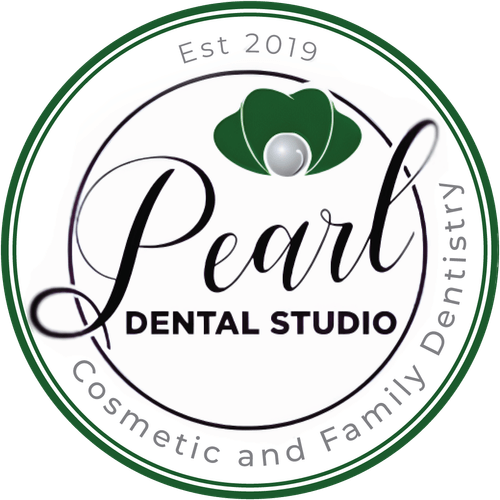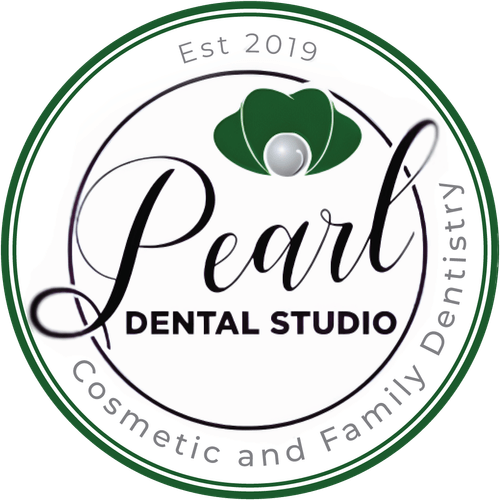Don’t Let Bruxism Ruin Your Smile: Solutions for Teeth Grinding

Mornings are sluggish when tension in the jaw replaces peace. The day starts with a dull ache once more. Headaches whisper silently of restless nights. Under these symptoms, a deeper problem exists- bruxism. Bruxism grinds away enamel and tightens facial muscles silently, never speaking.
Most individuals never realize how grinding destroys smiles in silence. The constant pressure grinds away teeth and exhausts the jaw. Sleep is restless, and mornings are not energetic. A dentist is able to diagnose these silent signs in time.
This blog discusses symptoms, reasons, and solutions to protect your smile from unnoticed grinding habits.
What Is Bruxism Actually?
Bruxism is long-term clenching or grinding of teeth while sleeping or under stress. Daytime clenching is tense but controllable. Nocturnal grinding is involuntary and reduces enamel extensively. Bruxism wears away teeth and chronically inflames jaw muscles. It even affects comfort chewing and facial alignment.
Continuous friction erodes tooth edges and invites cracks. A dentist in Simpsonville identifies such habits from visible wear and bite tests. Proper diagnosis eliminates pain and long-term effects. Keep a sleep or stress diary to identify the culprits in the early stages.
Most Common Signs You Might Be Grinding Your Teeth
- Morning jaw ache or stiffness
- Flattened or chipped teeth
- Sensitivity of the teeth
- Headaches, especially at temples
- Clicking or soreness of the jaw joint (TMJ)
- Sleeping partners hearing grinding noises at night
Failing to treat these warning signs deteriorates your dental condition. Habitual grinding leads to cracked teeth and facial strain. A dentist quantifies wear depth and muscle tension precisely.
Being aware early on prevents enamel loss and sore mornings. Careful monitoring guarantees comfort returns itself prior to extended damage being inflicted. Do not disregard these warning signs, as prevention preserves smile health in the long run.
Why Do People Grind Their Teeth?
Stress and Anxiety
Tension tightens the muscles of the jaw. Emotional tension is translated into subconscious clenching. Chronic tension builds severe wear.
Sleep Disorders
Snoring and sleep apnea cause unconscious grinding. The body reacts by tightening muscles repeatedly in the sleep cycle.
Misaligned Bite or Missing Teeth
Poor alignment makes bite pressure unevenly distributed. Missing teeth disrupts balance, causing other teeth to grind too hard.
Lifestyle Factors
Caffeine, alcohol, and smoking overstimulate the nerves and muscles, intensifying bruxism activity.
Meditate or do soft jaw stretches prior to bedtime to relax the tension. A dentist accurately diagnoses lifestyle and structural causes and creates helpful relief strategies.
Long-Term Effects of Untreated Bruxism
Untreated grinding erodes enamel and exposes dentin. Teeth are temperature-sensitive and brittle. Repetitive stress leads to cracks and fissures. There is more gum recession and exposure of roots. Inferior TMJ dysfunction causes headaches and jaw clicking. Facial symmetry can change with muscle tone. Worn teeth lead to unbalanced, shorter smiles.
A dentist fixes balance and shape with tailor-made care. Early detection prevents the necessity for complicated restoration. Ongoing monitoring is provided for long-term dental stability.
Effective Solutions for Bruxism
Personal Night Guards
Personalized guards stabilize teeth and dissipate grinding pressure. Fractures and tension in the jaw are eliminated.
Bite Correction Therapy
Asymmetrical bite surface alignments are adjusted with corrective treatments. Restorative adjustments lead to even pressure upon chewing.
Stress Reduction Techniques
Mindfulness, yoga, and psychotherapy calm mental tension. Muscles in a relaxed state reduce grinding naturally.
Dental Therapy or Botox for Jaw Pain Relief
Specialized therapy relaxes overworked muscles and eases soreness. Regulated relaxation restores the natural function of the bite.
Always visit a dentist near you in Simpsonville before trying store-made mouthguards. Poor fitting can worsen bite imbalance. Professional evaluation ensures accuracy and comfort throughout treatment. A dentist tailors each approach to long-term success.
How Your Dentist Can Help
A full dental examination includes bite analysis, inspection of wear, and imaging. The dentist properly diagnoses patterns of damage. Treatment depends on the cause and severity of bruxism.
Follow-ups enable regular adjustments and relief from symptoms. Regular follow-up also provides long-term surveillance of the recovery and the prevention of relapse. Cooperation with your dentist ensures maximum oral balance and self-confidence. Quick treatment ensures your smile remains healthy and free of discomfort.
Prevention Tips for a Relaxed, Healthy Smile
Keep getting checked from a dentist every six months. Limit caffeine or alcohol intake before bed. Refer to an evening sleep routine for consistency. Practice mindful jaw de-tensing- close your lips and keep your teeth apart.
Stay hydrated and prevent muscle cramping. Your dentist can suggest the relaxation approach that’s best for you. Prevention builds strong teeth and protects your smile naturally. Healthy habits can reduce clenching causes rather effectively over time.
Bruxism doesn’t go away overnight. Awareness and professional guidance restore permanent comfort. Continuous grinding wears away your natural beauty behind the scenes. Detection and treatment at an early stage transform comfort and confidence.
Visit our dental professionals if morning ache is an old friend. Professional expertise prevents enamel loss and tension in the facial area. Protect your smile now. Schedule your dental appointment now and rediscover tranquility in the mornings.

